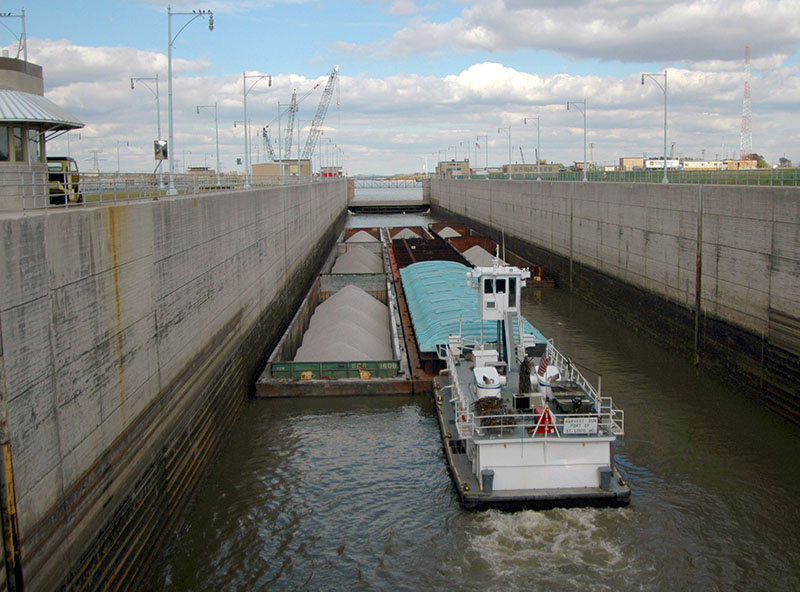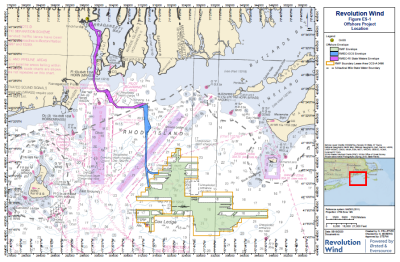There’s been a lot of attention paid lately to President-elect Donald Trump’s promise to rebuild America’s ailing infrastructure. With wide support among Republicans and Democrats, many observers believe Trump might well be able to deliver on the pledge once in office.
The difficult part will be finding common ground on how to fund improvements, as the price tag could hit a trillion dollars. (That’s enough zeros to give you a huge headache and burn a hole in the public purse.) Trump is floating the idea of more public-private partnerships and tax credits for private companies that invest in improvements as a way to avoid raising taxes or increasing the debt.
Lots of interest groups will be lobbying the new administration and Congress to get their stakeholders included in any new infrastructure initiative. The goal for all will be to make sure a plan not only helps them, but does nothing to hurt them either.
In reporting on a story about the possible impacts of a Trump administration on the waterways for the January issue of WorkBoat, I asked the leaders of the two main advocacy groups for river transportation what would be on their wish list should they meet with Elaine Chao, Trump’s choice as Secretary of Transportation and the expected point person on the infrastructure plan.
Interestingly, the list isn’t very long, and it doesn’t include a bunch of new stuff. In fact, there are already some pretty good funding and policy mechanisms in place for the waterways, and they would urge Chao to support these and make sure they are funded adequately and operated effectively.
The inland barge industry, which is the biggest user of the nation’s antiquated lock and dam system, is way ahead of the curve, said Thomas Allegretti, president and CEO of the American Waterways Operators. In 2010, AWO worked with the U.S. Army Corps of Engineers to prepare a 20-year infrastructure plan for the future of the river system called the “Inland Waterways Capital Development Plan.”
“We need to follow that plan,” he said. “We already increased taxes (on the barge industry) to implement this plan, so we must stay the course. We’d be open to accelerate the plan because of the substantial backlog of projects, but not open to increase taxes again on the industry.”
Additionally, no new public-private partnerships are needed for the inland rivers, said Mike Toohey, president and CEO of the Waterways Council Inc., because there is already one in place: The Inland Waterways Trust Fund, a partnership between barge operators and the federal government.
Operators pay a tax on diesel fuel that is deposited into the Trust Fund and matched by the federal treasury for inland infrastructure modernization. Commercial users also participate in investment decisions. Barge operators recently agreed to a 45% diesel fuel tax increase to keep the fund healthy, but the federal government has not always allocated its match and spent the funds on priority projects.
“We’d like an inflow of (federal) funds to this partnership that already exists so we can build all authorized projects within the next 10 years, not 20 years,” Toohey said.
Toohey would like to see the Trump administration create a better balance in funding for the U.S. Army Corps of Engineers, which runs the river system, between environmental projects it manages and locks and dams.
“The Trust Fund is growing because of the (current) administration policy of not building authorized projects,” Toohey said, adding that there’s an $8.5 billion backlog of Corps projects along the inland system.
The tax credit that might be offered to private companies investing in infrastructure improvements likely would not work for waterways, because private sector investors would probably expect a return on their investment through some form of toll collection.
User fees, in the form of tolls or lockage fees, have been floated by past administrations as a budget device, and been soundly defeated in Congress under industry opposition.
“They would make river transportation unaffordable” as costs would be passed to barge customers, Toohey said. Higher costs would divert business from the rivers, causing gridlock on other transportation modes.
All good points for the new administration to consider.





